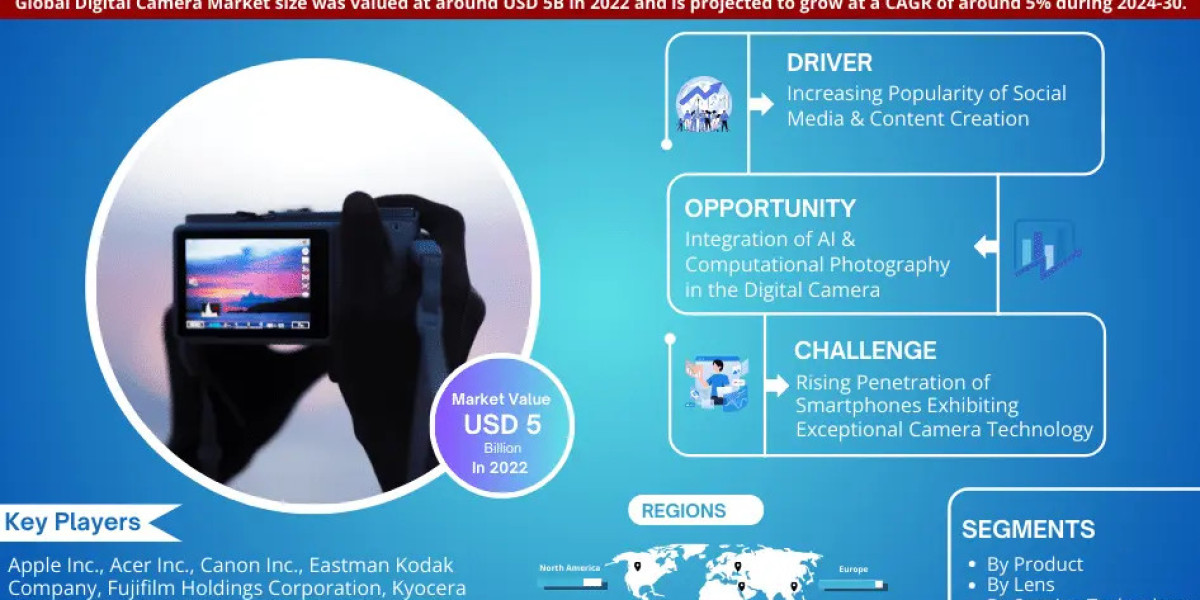In the evolving landscape of business conferences, the role of the keynote speaker is undergoing a significant transformation. As we look towards the future, several key trends are emerging that will shape how keynote speakers deliver their messages, engage with audiences, and influence the overall success of conferences. This article explores these trends, providing insights into the future of the business keynote speaker at conferences.
The Digital Transformation of Keynote Speaking
One of the most profound changes affecting the future of business keynote speakers is the digital transformation of the conference industry. With the rise of virtual and hybrid events, keynote speakers must adapt to new formats that blend in-person and online audiences. This shift requires speakers to develop skills in engaging remote viewers, leveraging digital tools, and creating interactive experiences that transcend physical boundaries.
Virtual and Hybrid Events
The COVID-19 pandemic accelerated the adoption of virtual events, and even as in-person gatherings resume, hybrid events—combining physical and virtual attendance—are becoming the norm. Keynote speakers now need to cater to both on-site and online audiences simultaneously. This requires not only technical proficiency with platforms like Zoom, Microsoft Teams, or specialized conference software but also the ability to maintain energy and engagement across different mediums.
Interactive and Immersive Technologies
The future will likely see the integration of more advanced technologies such as augmented reality (AR), virtual reality (VR), and artificial intelligence (AI) in keynote presentations. These technologies can create immersive experiences that capture audience attention and enhance message retention. For example, a speaker might use AR to project interactive data visualizations or employ AI to personalize content in real-time based on audience feedback and participation.
Personalization and Customization
Another critical trend is the move towards highly personalized and customized keynote addresses. Modern audiences expect content that is directly relevant to their interests and needs. Successful keynote speakers will invest in understanding their audience beforehand and tailoring their presentations accordingly.
Data-Driven Insights
Utilizing data analytics, speakers can gather insights into the demographics, preferences, and pain points of their audience. This data can inform the development of content that resonates deeply with attendees, making the keynote more impactful. For instance, a speaker at a tech conference might analyze attendee data to focus on the most relevant trends and challenges facing the industry.
Audience Engagement
In the future, effective keynote speakers will prioritize interactive elements that foster audience participation. Techniques such as live polls, Q&A sessions, and collaborative activities can transform passive listeners into active participants. By engaging the audience throughout the presentation, speakers can create a more dynamic and memorable experience.
Emphasis on Authenticity and Storytelling
Authenticity and storytelling have always been powerful tools for keynote speakers, and their importance will only grow in the future. Audiences are increasingly skeptical of generic, impersonal speeches. They crave genuine connections and relatable narratives that inspire and motivate.
The Power of Personal Stories
Sharing personal stories and experiences allows speakers to build trust and establish a connection with their audience. Future keynote speakers will need to hone their storytelling skills, weaving personal anecdotes into their presentations to illustrate key points and make their messages more relatable and impactful.
Transparency and Vulnerability
Being authentic also means being transparent and occasionally vulnerable. Audiences appreciate when speakers are honest about their challenges and failures, as well as their successes. This level of openness can humanize the speaker, making their message more credible and inspiring.
Focus on Diversity and Inclusion
As the global business landscape becomes more diverse, the future of keynote speaking will place a stronger emphasis on diversity and inclusion. Conference organizers and audiences are increasingly recognizing the value of diverse perspectives and voices.
Diverse Representation
Future keynote speakers will come from a wide range of backgrounds, cultures, and industries. This diversity will enrich the content and perspectives presented at conferences, fostering a more inclusive environment. Speakers who can address issues of diversity, equity, and inclusion (DEI) in their talks will be particularly sought after.
Inclusive Content
In addition to diverse representation, the content of keynote addresses will need to be inclusive. This means considering the varied experiences and perspectives of the audience and ensuring that the message is accessible and relevant to all attendees. Inclusive content can help break down barriers and promote a sense of belonging among diverse audiences.
The Rise of Thought Leadership
The future of business keynote speaking is closely tied to the concept of thought leadership. Keynote speakers are not just presenters; they are often seen as thought leaders who shape industry trends and influence business practices.
Establishing Thought Leadership
To be effective in the future, keynote speakers will need to establish themselves as thought leaders in their respective fields. This involves staying ahead of industry trends, contributing to relevant discussions, and consistently delivering valuable insights. Thought leaders are trusted for their expertise and vision, making their keynote addresses highly anticipated and respected.
Continuous Learning and Adaptation
The pace of change in the business world is accelerating, and keynote speakers must be committed to continuous learning and adaptation. Keeping up with the latest developments, technologies, and best practices is essential for maintaining credibility and delivering relevant content. Successful speakers will invest in ongoing education and professional development to stay at the forefront of their industries.
Conclusion
The future of the business keynote speaker at conferences is bright, but it requires adaptability, innovation, and a deep understanding of audience needs. As digital transformation reshapes the conference landscape, speakers must embrace new technologies and formats to engage both in-person and virtual audiences. Personalization, authenticity, and storytelling will become even more crucial for creating impactful presentations.
Diversity and inclusion will be central themes, with conference organizers and audiences seeking diverse voices and perspectives. Thought leadership will continue to be a key driver of success, with speakers needing to establish themselves as experts and continuously adapt to the evolving business environment.
In this dynamic and ever-changing landscape, the business keynote speaker of the future will be a versatile, tech-savvy, and authentic thought leader who can inspire, engage, and influence audiences in profound ways.








